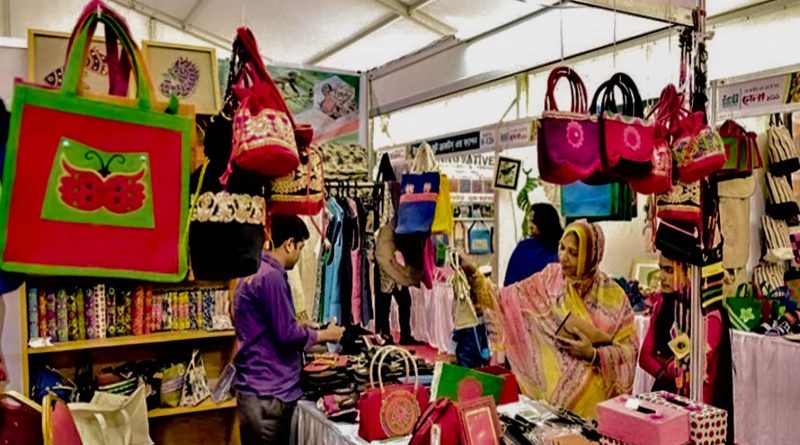Bangladesh’s Cottage, Micro, Small and Medium Enterprises (CMSMEs) face multiple hurdles preventing them from realising their full potential, industry experts said at a Dhaka Chamber of Commerce and Industry (DCCI) discussion on Monday.
Limited access to finance, inadequate infrastructure, shortage of skilled manpower, slow technology adoption, and restrictive policies are major bottlenecks, speakers noted. They also highlighted weak global market access, insufficient branding, and marketing challenges. CMSMEs currently contribute around 28 percent to Bangladesh’s GDP, compared with nearly 50 percent in Sri Lanka, Vietnam, and Cambodia.
DCCI President Taskeen Ahmed said nearly 90 percent of the country’s industrial sector comprises CMSMEs, employing about 11.8 million people. He urged entrepreneurs to boost efficiency and innovation to offset rising production costs, including additional US tariffs on garments.
“Certification, compliance facilitation, skills training, cluster development, backward linkage expansion, and support for startups are critical to enhance CMSME exports,” Ahmed added.
Md. Obaidur Rahman, Industries Ministry secretary, stressed the need for strong national brands and active diplomatic support to identify trade opportunities abroad. BSCIC Chairman Md. Saiful Islam highlighted industrial parks, low-cost financing, and training programmes, while urging entrepreneurs to improve packaging and digital presence on platforms like Amazon, eBay, and Alibaba.
EPB Chief Mohammad Hasan Arif announced plans to establish an Export Ecosystem Platform and a CMSME Help Desk to provide comprehensive government support. Other speakers emphasised product design, innovation, and compliance certification to enhance competitiveness and attract global buyers.
The discussion brought together entrepreneurs, industry leaders, and government officials to explore ways to unlock the export potential of CMSMEs.






